Center for Cancer & Aging

Advancing innovation, research, and care for older adults with cancer
About the Center for Cancer & Aging
The Center for Cancer & Aging at the Penn Center for Cancer Care Innovation (PC3I) is redefining how health systems care for older adults with cancer. Founded on the belief that innovation in oncology must reach every community, the Center develops, tests, and scales models of care that meet the unique needs of older adults—where they are.
The center bridges the gap between academic innovation and real-world practice, serving as a living laboratory for pragmatic studies in health care delivery, clinical trials focused on older adults, and implementation science. The program’s success has been recognized nationally with the 2025 Association of Community Cancer Centers (ACCC) Innovator Award, honoring its pioneering work in geriatric oncology and person-centered cancer care.
Center Directors
Efrat Dotan, MD
Dr. Efrat Dotan is Executive Medical Director of the Ann B. Barshinger Cancer Institute at Penn Medicine Lancaster General and an internationally renowned expert in geriatric oncology.
Areas of Expertise:
Geriatric Oncology; Gastrointestinal Cancers; Clinical Trials; Anti-Cancer Therapies; Pancreatic Cancer
Leadership:
Chair of the ECOG-Geriatric Oncology Committee & NCCN Guideline Committee for Older Adult Oncology Panel
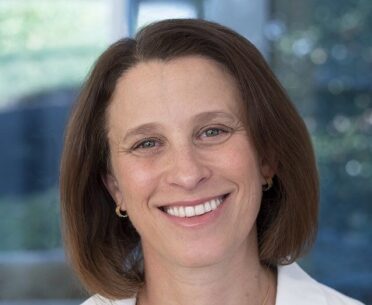
Ramy Sedhom, MD
Dr. Ramy Sedhom is a nationally recognized leader in geriatric oncology and palliative care and the Division Chief of Medical Oncology at Penn Medicine Princeton Health.
Areas of Expertise:
Geriatric Oncology; Palliative Care; Behavioral Economics; Implementation Science; Patient-Reported Outcomes
Leadership:
Chair of the ASCO Supportive Care Guideline Committee
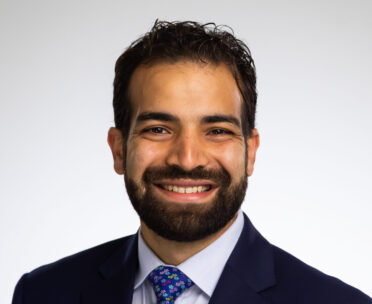
Gabriel Aleixo, MD
Hematology-Oncology Fellow, Perelman School of Medicine

Julianne Ani
Manager, Penn Princeton Geriatric Oncology Program
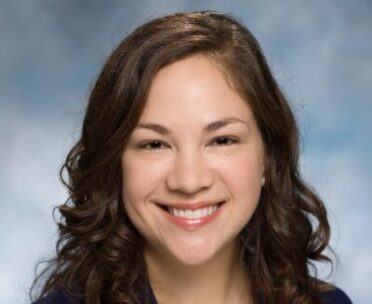
Leland Boisseau
Lead Data Architect, Penn Medicine
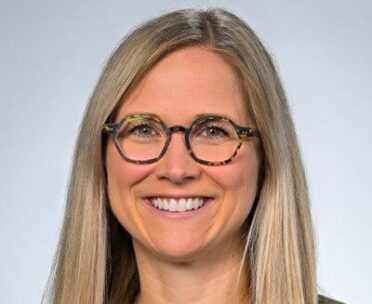
Rebecca Boswell, PhD
Administrative Director of Psychiatric Services, Penn Medicine Princeton Medical Center

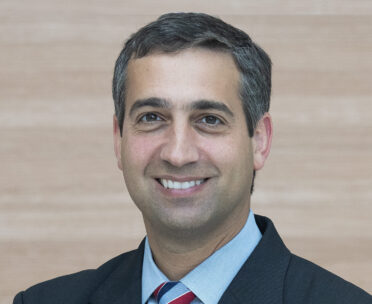
Simone Hughes
Chief Oncology Informatics Officer, Abramson Cancer Center

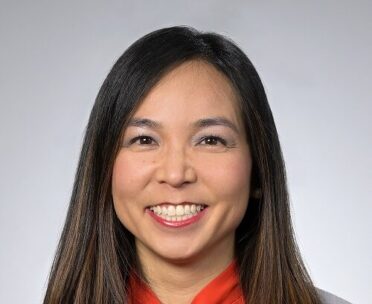
Alexandria Muench, PsyD
Staff Psychologist, Medical Oncology, Dept of Psychiatry, Penn Medicine Princeton Health

Samuel Takvorian, MD, MSHP
Deputy Director, PC3I & Director, PC3I’s Program in Patient-Generated Health Data
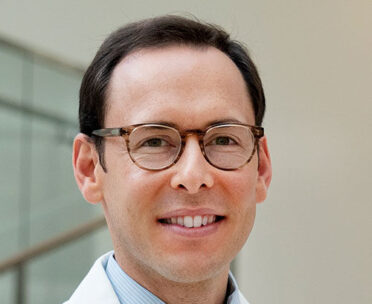
Center Pillars

Education is at the heart of the Center’s mission. Across the University of Pennsylvania health system, we are building a learning ecosystem that equips clinicians, trainees, and researchers to deliver high-value, age-attuned cancer care. Through interdisciplinary system-wide learning collaboratives, the Center brings geriatric principles into everyday oncology practice—helping clinicians recognize vulnerability, tailor treatment intensity, and improve communication about goals and function. These efforts ensure that every Penn Medicine site, from Philadelphia to Princeton and Lancaster, delivers exceptional quality care.
In local communities, the Center is addressing the twin challenges of overtreatment and undertreatment that often affect older adults with cancer. By connecting patients to therapeutic clinical trials, promoting pragmatic care-delivery studies, and training community clinicians to identify candidates for research participation, we are expanding access to innovation. Our goal is to ensure that older adults—who comprise the majority of cancer patients yet remain underrepresented in trials—are not only included in research but also benefit from its findings. Through these initiatives, the Center is shaping a future where cancer care for older adults is both scientifically rigorous and deeply human.

Research is central to the Center for Cancer & Aging’s mission to make cancer care more effective, equitable, and person-centered. Our studies span the full continuum of discovery—from pragmatic trials that test real-world interventions to implementation projects that translate evidence into daily practice. By integrating data from geriatric assessments, patient-reported outcomes, and electronic health records, we are developing new tools to predict risk, personalize treatment, and measure what truly matters to patients: function, independence, and quality of life.
Through partnerships across Penn Medicine and PC3I, the center is building the evidence base needed to close the gap between clinical efficacy and everyday effectiveness. This work directly addresses one of oncology’s most pressing challenges: the underrepresentation of older adults in therapeutic trials. By embedding research opportunities in community clinics, we ensure that older adults—who bear the highest burden of cancer—also help shape the future of its treatment. In doing so, we are not just studying better ways to care for older adults; we are proving that innovation in how we deliver care can be as impactful as innovation in what we deliver.

Innovation at the Center for Cancer & Aging goes beyond new drugs or technologies—it means redesigning care systems to better serve older adults. We are developing scalable, data-driven models that integrate digital health, behavioral economics, and precision supportive care to anticipate needs before crises occur. From EHR-integrated dashboards that flag functional decline to default-based interventions that normalize advance care planning, our work makes the “right thing” the easy thing to do. Each innovation is designed to be practical, reproducible, and human-centered—ensuring that every patient, regardless of age or setting, receives care aligned with their goals, values, and life beyond cancer.
Center Statistics

Geriatric Assessments Completed
185+ geriatric assessments completed with 500+ supportive care referrals, reducing unplanned hospitalizations and improved advance care planning documentation rates by more than two-fold.

in Active Funding
Investments of more than $2 million support a portfolio of studies in advance care planning, geriatric assessment implementation, digital health innovation, and population-based cancer care.
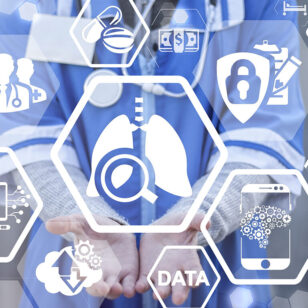
Population Health Dashboard
The Center has built a population health dashboard integrating data from the EHR, geriatric assessments, and patient-reported outcomes to identify & track older adults with high supportive-care needs.
Get Involved
See how our programs may help you or your loved one
The Center for Cancer & Aging partners with Penn faculty, startups, and industry leaders to develop and test innovations that improve care for older adults with cancer. From digital health tools and therapeutic trials to population health research and implementation science, we offer a platform for co-development, evaluation, and real-world impact. Together with collaborators across PC3I and Penn Medicine, we are building scalable, evidence-based models that make cancer care for older adults more personalized, equitable, and human-centered.
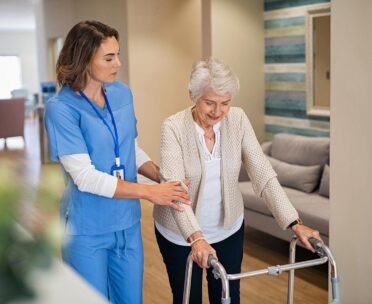
Help support innovation in cancer and aging
Philanthropic support fuels the Center for Cancer & Aging’s ability to transform how we care for older adults with cancer. Gifts to the Center accelerate innovation—from expanding geriatric oncology clinics and digital health infrastructure to training the next generation of clinicians and researchers in whole-person care. Donor investment enables rapid testing of new models, supports patients and families in our local communities, and ensures that every older adult receives care aligned with their goals and values. Together, we can build a future where aging with cancer is met not with limitation, but with compassion, dignity, and hope.

Related Publications
Quality or quantity of life? Treatment priorities in older adults with cancer in the community
Leveraging Electronic Health Record Tools and Social Work to Improve Advance Care Planning Documentation in Older Adults With Cancer
“Start low, go slow,” a strategy to tailor treatment dosing in older or vulnerable adults with advanced solid cancer: A systematic review and meta-analysis
Related Projects
PACE-70: Practical Geriatric Assessment (PGA) Implementation Strategies and Correlative Evaluations for Older Adults with Cancer
- Clinical Transformation
- Health Equity
